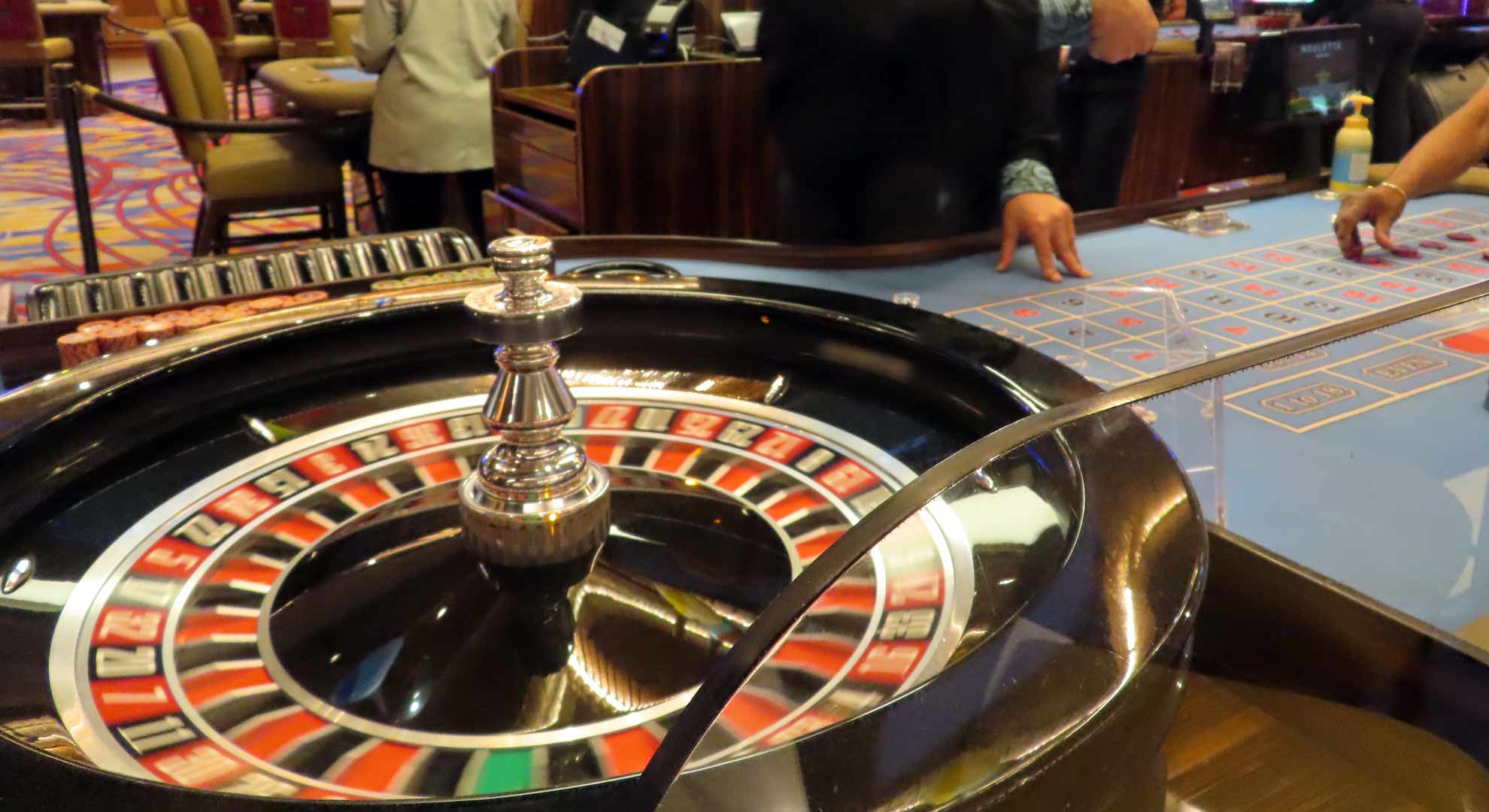Casinos and the Magnetism of Risk

Casinos and the Magnetism of Risk: Why We Gamble
The allure of casinos is undeniable. Gleaming lights, the clatter of chips, and the promise of instant fortune create an atmosphere charged with excitement and anticipation. But beyond the sensory overload, what truly fuels the magnetism of casinos? The answer lies in the inherent human fascination with risk. This article delves into the psychological, sociological, and economic factors that contribute to the powerful draw of gambling.
The Psychology of Risk: A Rewarding Thrill
At its core, gambling triggers a complex interplay of neurochemicals in the brain. When we take a risk, whether it's betting on a roulette wheel or playing poker, our brains release dopamine, a neurotransmitter associated with pleasure and reward. This dopamine surge creates a feeling of euphoria and reinforces the behavior, making us more likely to seek that thrill again. This phenomenon is particularly pronounced in individuals prone to risk-taking or those with a history of impulsivity. The anticipation of a potential win, even if it's statistically unlikely, can be just as rewarding as the actual payout.
Furthermore, cognitive biases play a significant role in shaping our perception of risk. The gambler's fallacy, for example, leads us to believe that past events can influence future outcomes in random games. We might think that after a series of losses, a win is "due," even though each spin of the roulette wheel is independent. Similarly, the availability heuristic makes us overestimate the likelihood of rare events, such as winning a jackpot, simply because they are prominently featured in media and advertising. These cognitive distortions can cloud our judgment and make us more susceptible to the casino's allure.
The Social and Cultural Context of Gambling
The appeal of casinos extends beyond individual psychology. Gambling is often embedded in social and cultural contexts that normalize and even encourage risk-taking behavior. For many, casinos represent a form of entertainment and social interaction. They provide a space where people can gather with friends, enjoy a few drinks, and share in the excitement of the game. The social aspect of gambling can be particularly appealing to individuals seeking connection and belonging.
Moreover, casinos are often marketed as glamorous and aspirational destinations. Advertising campaigns frequently portray winners as living lavish lifestyles, fueling the perception that gambling is a path to wealth and success. This portrayal can be particularly persuasive for individuals who feel economically disadvantaged or who are seeking a quick fix to their financial problems.
The Economic Engine of Casinos: A Double-Edged Sword
Casinos are undeniably powerful economic engines. They generate significant revenue for governments through taxes and fees, create jobs in the hospitality and tourism industries, and attract investment to local communities. However, the economic benefits of casinos must be weighed against the potential social costs, including problem gambling, addiction, and financial hardship. The accessibility of online gambling, including platforms like situs slot m88, further complicates the issue, making it easier for individuals to gamble from the comfort of their own homes.
Responsible gambling initiatives are crucial for mitigating the negative consequences of casino gambling. These initiatives should include education and awareness campaigns, self-exclusion programs, and responsible advertising guidelines. Furthermore, governments should invest in research to better understand the causes and consequences of problem gambling and to develop effective prevention and treatment strategies.
Conclusion: Navigating the Risks and Rewards
The magnetism of casinos is a complex phenomenon driven by a combination of psychological, sociological, and economic factors. While the thrill of risk and the promise of fortune can be enticing, it's crucial to approach gambling with caution and awareness. Understanding the cognitive biases that influence our decisions, recognizing the potential for addiction, and engaging in responsible gambling practices are essential for navigating the risks and rewards of the casino environment. Ultimately, enjoying casinos responsibly requires a conscious effort to maintain control and to avoid falling prey to the powerful allure of risk.
```